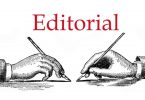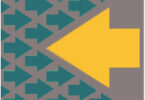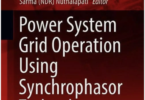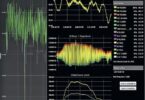By Marco C. Janssen, UTInnovation, the Netherlands
To prepare ourselves for constant change we cannot rely on our earlier achieved knowledge and experiences as these are relevant to the context in which they were obtained.
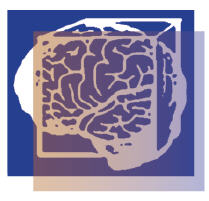
The answer is simple and straightforward, never! The world around us is in constant motion and the only certainty we have is things will change.
In order to prepare ourselves for constant change we cannot rely on our earlier achieved knowledge and experiences as these are relevant to the context in which they were obtained. So, if our context, the world around us changes, we logically have to change too if we want to remain relevant.
Does this mean that our existing knowledge and experience is worthless? Of course not, our knowledge and experience, or in other words our skills have gotten us to where we are today, and they serve as our reference for our next steps of development. So, have I applied a cycle of continuous learning myself? To be honest, I kind of have. Let me explain what my learning cycle has been, maybe you will recognize some of the components.
Just like many of us I went through a cycle in which I was educated as a child, as a teenager and finally as a young adult in schools and universities. I then used my thus acquired knowledge to obtain a job and as a young engineer I absorbed all the experience demonstrated by my colleagues to further develop my knowledge as this enabled me to do my work better and more effectively.
This process of learning and as such gaining experience led to new career opportunities that made me shift focus and thus learn new skills several times. For me this resulted in starting my own company, writing a book, training colleagues and immigrating to different areas on our planet several times thus again gaining more insights and skills.
Yet one thing I did along the way was stop learning in a structured way. I was no longer taking classes and gave up reading as I was too busy for that. Instead, I started to rely mostly on my, experience based, skills.
In recent years as I feel that I am getting older, I took another turn as I started to shift my focus and reprioritize things in life. I will not bore you with a long list of things I prioritized, but let’s summarize them under a better work-life balance and physical and mental health.
As a result of this shift, I started to enjoy many new experiences that have given me new insights into how I function best as a person. I even decided for a moment that it would be a good idea to retire as I considered I had worked enough. The fact that I am writing this column maybe an indication that in the meantime I have figured out that I was wrong. I am not ready to retire. I feel that I still have a valuable role to play in the power and water industry given the challenges the current energy and environmental transition is posing on the utilities.
So, I decided to come out of retirement, to be honest in my mind I never really retired and start focusing on continuing to provide my two cents, pennies or files to the industry. And so far, this has been a rewarding decision. I just love working in this industry too much and as long as there are people that believe that I still have an added value to their business I will continue down this path.
Through the process of stepping out and stepping back I did gain a new insight or revelation. I feel that I have to re-invent myself in order for me to maintain a level of added value that will allow me to continue working on exciting projects. I found that I had to go back to become a sponge for knowledge and learn new skills and “sharpen the saw” as Stephen Covey calls it. The most dramatic thing that I have done is to start reading books again. As a child I would read several books per month and to be honest for years I did not pick up a single one. I recently have bought ten books that I feel will help me to develop a new understanding and skills and I have made it a personal goal to read at least one book per week, no matter how busy I am. So far, I am doing great as I finished three books in two weeks and the doors in my mind these books have opened are giving me an enormous boost. Especially, as I have started applying the learnings from these books straightaway and am already seeing the positive results of doing so.
So why spend a column on this topic as many of you will think yes, of course we should never stop learning, but how many of you have really continued to learn? If you have, I commend you, but if you have not or not really, I suggest that you reconsider this. We are all busy with combining work and personal life and may feel that we have no time to train our minds taking classes, courses and in particular pick up a book and spend several hours of our already busy days on reading and learning.
However, I urge you to consider what I picked up after reading Ben Horowitz’s book The Hard Thing About Hard Things. I think you should consider that if your training efforts result in a 1% improvement of your performance in the broadest sense of the word isn’t that worth the time you spend learning?
Biography:
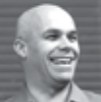
Marco C. Janssen is the CEO of UTInnovation and the former VP of Operational Excellence at TAQA, Digital Grid Leader for Latin America at EY and Director of the Smart Grid PMO at DEWA. He received his BSc degree in Electrical Engineering from the Polytechnic in Arnhem, Netherlands and has worked for over 33 years in the field of Power and Water O&M, Digital Transformation, Protection, AMI and Distribution and Substation Automation. He was a member of IEC TC57 WG 10, 17, 18, 19, the IEEE PES PSRC and CIGRE B5 and D2 WGs. He was the convenor of D2.35 and editor of the Quality Assurance Program for the Testing Subcommittee of the UCA International Users Group. He holds one patent, is the author of the book titled “Recreating the Power Grid”, has authored more than 53 papers, is co-author of 4 Cigre Technical Brochures and 2 books on SmartGrids and Electrical Power Substations Engineering and is the author of the “I Think” column in the PAC World magazine.


